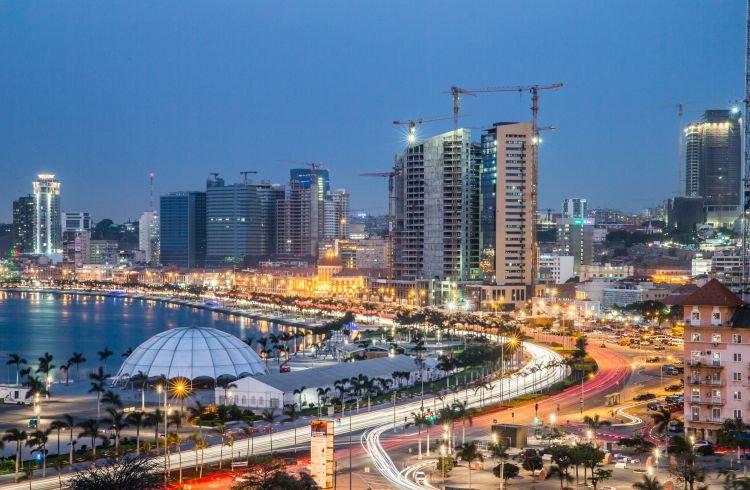How Safe is Angola? Everything Travelers Need to Know
We know the content for Angola is out of date, but have no fear! We are currently refreshing all of our travel safety content so please check back soon for a newer version.
 Photo © GettyImages/AdemarRangel
Photo © GettyImages/AdemarRangel
If you're looking for a crime-free trip, you're coming to the wrong place. While you can definitely minimize your chances of becoming a victim, crimes of various kinds run rampant through Angola. As with many places, much of the crime happens between Angolans, but foreigners have been expressly targeted in recent years. Rapes, robberies and murders involving tourists have occurred in the northern province of Cabinda, including the January 2010 triple murder of members of the Togolese football team. Kidnappings are also a possibility.
Luanda is one of the top areas where crime can occur in Angola, and it's also one of the spots most frequented by travellers since it's the capital city. Street crime is a large threat here, and petty offenses like pick pocketing and theft from vehicles and homes are frequent. These incidences can turn violent when perpetrated by armed criminals who attack their victims while riding scooters. There are particular places to avoid in Luanda, such as the Roque Santeiro market and Rocha Pinto and in between bars and restaurants on the Ilha do Cabo.
Do not walk on the "Serpentine Road" in front of the U.S. Embassy either. In addition to the petty crime, serious offenses like rape also occur in the bar and club areas. Women should not travel alone at night. Really, everyone should avoid the streets of Luanda after dark.
It's been noted by several government and travel sites that police in Angola may not always respond to crimes in a timely manner or follow up on reports. You will have more luck by contacting the Rapid Intervention Police (PIR) unit, which is trained to respond to more serious criminal incidents.
Other precautions centre on avoiding pulling over on roadways, as thieves may use this tactic to rob you, especially in rural areas. Car jackings are also possible. If travelling anywhere outside Luanda, bring an experienced individual or go with a group that knows its way around.
Be mindful of your belongings at Luanda airport, whose personnel in the past have been known to commit fraud. It's possible someone might slip drugs or other items into baggage and carry-on luggage, as airport workers do search through bags. These occurrences are especially likely on flights to South Africa. Anything suspect should be reported to airport police as soon as possible.
Immigration and customs officials have been known to detain travellers for no apparent reason and demand bribes. This can occur upon entry to or exit from the country. Some passengers without a document proving inoculation against yellow fever may be forced to pay for a vaccination at the airport. Refusal will most likely result in your immediate forced departure from Angola.
Simple and flexible travel insurance
You can buy at home or while traveling, and claim online from anywhere in the world. With 150+ adventure activities covered and 24/7 emergency assistance.
Get a quote
1 Comment
Phil, your information is rather obsolete. While crime does exist in Luanda, it exists elsewhere, and all you have to do is exercise the classic caution of not going to the wrong areas. For instance, Roque Santeiro doesn’t exist since about 5 years before this article has been updated.
The serpentine road is now home to intercontinental hotel and a renovated pedestrian track where I often see joggers. It’s known that Luanda is not pedestrian-friendly, but most of the information you shared here no longer applies. Make sure you visit a bar soon! ;-)